Product pictures
| Amount Per 0.333333 cup | |||
| Calories | 200 Kcal (837 kJ) | ||
| Calories from fat | 9 Kcal | ||
| % Daily Value* | |||
| Total Fat | 1g | 2% | |
|---|---|---|---|
| Sodium | 870mg | 36% | |
| Total Carbs | 42g | 14% | |
| Sugars | 2g | 8% | |
| Dietary Fiber | 1g | 4% | |
| Protein | 5g | 10% | |
| Calcium | 20mg | 2% | |
* Percent Daily Values are based on a 2000 calorie diet. Your daily values may be higher or lower depending on your calorie needs.
Find out how many calories should you eat.
Ingredients And Nutrition Overview
Best
choice Good
choice Poor
choice Avoid
it!
choice Good
choice Poor
choice Avoid
it!
-
WeightWatchers Points: 3.9, PointsPlus: 5, SmartPoints: 6
WeightWatchers Points are estimated by carbohydrates, fats, protein and fiber in product. They are not an affirmation of better quality or nutritional value of the product or its manufacturer. Only way to count for dieters. Less points are better.
Read more at Weight watchers diet review -
Salty! Has over 36% of the daily sodium max
The average American consumes 5,000 mg of sodium daily — twice the recommended amount amount of 2400mg for healthy adults, this is 1 teaspoon of salt.
For medical reasons many people should not exceed 1500mg of sodium.
Surprisingly, you're responsible for only 15% of the sodium in your diet the bigger part - 75% of the sodium that you consume each day comes from processed foods, not home cooking or the salt shaker.
Excess sodium intake increases the risk of high blood pressure, hypernatremia, hypertension, cardiovascular disease and other heart problems.
Are these reasons enough to cut the sodium intake? No doubt! -
Convert Salt tsps to Sodium mg easily
Salt (NaCl) is not excactly sodium (Na).
It is not right to use these terms as synonyms.
The FDA recommended limit of sodium is 2,300 mg per day (or even less - about 1500 mg while one is on low sodium diets).
This is much less than the weight of salt.
(5,750 mg per day or 3,750 mg for low sodium diet) and not so convenient to calculate.
Know how much sodium is in your salt - without a calculator:
1/4 tsp salt = 600 mg sodium
1/2 tsp salt = 1200 mg sodium
3/4 tsp salt = 1800 mg sodium
1 tsp salt = 2300 mg sodium -
Great! Contains less than 1.5 tsp of sugar.
Great! Contains less than 1.5 tsp of sugar per serving!
-
Low fiber :-(
It is not really good to have a breakfast with so little amount of fiber!
Your morning meal should have more fiber or it won't have good effect on your health.
You should add some natural fiber to your cereal or switch to a better one, that has more than 4g of fiber per serving.
Some suggestions to make this product better:
- add some fresh fruits or eat them as a dessert
- add some seeds or nuts
- add any high fiber cereal (for example Granola or bran)
There is not much fiber in here and that's not good!
Your breakfast should have more fiber and this cereal alone won't do the trick.
Either switch to a healthier cereal (with at least 4 grams of naturally occurring fiber)
or add some healthy natural fiber to your cereal or breakfast.
TIPS on adding fiber to cereal:
- Mix in some high fiber cereal, like wheat bran
- Add 2 Tbsp of ground flax seeds
- Eat fresh fruit or berries
-
A good source of protein
For many vegans and vegetarians, it's important to get enough protein.
The product you've just scanned will provide you with 10% or more of your daily protein requirement.
If you're a vegan having trouble meeting your protein needs, try nuts and beans.
Sprinkling nuts onto any dish is a quick, easy and nutritious solution.
Try adding beans in places you might not normally eat them.
Add beans to pasta dishes, stir fries and even salads.
While meat alternatives like Tofu do provide a quick and easy protein intake, they should not be your only source of protein.
Eat proteins from a variety of sources for best results. -
Not a really good source of calcium!
Cheese is a generally a good source of calcium (more than 10% daily value per serving) - but not this.
If you are looking for calcium - swap for something with higher calcium content.
By the way, you don't need high fat or calories to get high calcium.
Many "lite" versions of cheese provide 30% of daily calcium needs.
Choose cheeses that are a naturally good source of calcium.
If you're worried about fat and calories, pre-sliced cheese, cheese sticks or cheese squares
are a great way to make sure your portion is the right size.
The FDA defines a serving of cheese as 1 ounce (30 grams). -
Carrageenan is an additive made from seaweed.
It is used as a thickener in products such as ice cream, jelly, chocolate milk, infant formula, cottage cheese.
It is a vegetarian and vegan alternative to gelatin.
It has been used for hundreds of years in Ireland and China, but only made headway into modern food processing in the last 50 years.
The processing steps after harvesting the seaweed include drying, grounding, filtration, treatment with potassium hydroxide, removal of cellulose by centrifuge, concentration by evaporation, drying, and grounding.
Interestingly, the Philippines account for the vast majority of the world supply of carrageenan.
In some animal studies, carrageenan was shown to cause intestinal lacerations and tumors.
A 2001 meta-study of 45 peer-reviewed studies concluded that carrageenan consumption may result in gastrointestinal malignancy and inflammatory bowel.
The FDA has approved carrageenan as safe, basing its decision on industry funded studies.
European agencies and the World Health Organization have also deemed carrageenan safe, with the exception of infant formula.
The fear is the a baby's gut may be unable to handle the large carrageenan molecules.
In some individuals carrageenan may cause intestinal discomfort or worse.
Allergens
Lactose Allergy, Milk Allergy, Soy Allergy, Corn Allergy
Risotto parmesan cheese Ingredients
Parmesan Seasoning (Whey, Salt, Parmesan Cheese (milk, Cheese Cultures, Enzymes), Partially Hydrogenated Soybean Oil, Reduced Lactose, Whey, Buttermilk Solids, Natural Flavor, Nonfat Milk Solids, Cheddar Cheese (Milk, Cheese Cultures, Salt, Enzymes), Maltodextrin, Corn Syrup Solids, Romano Cheese (Cow's Milk, Salt, Cheese Cultures, Enzymes), Spice, Disodium Phosphate, Soy Flour, Blue Cheese, (Milk, cheese Cultures, Salt, Enzymes), Olive Oil, lactic Acid, Sodium Caseinate, Citric Acid, Disodium Inosinate, Disodium Guanylate, Sodium Citrate, Dipotassium Phosphate, carrageenan), Onions, and Garlic Dried.
You Might Also Like
% RDI of Main Nutrition Facts
10%
of RDI* (200 calories) 78.87 g
-
Cal: 10 %
-
Fat: 1.5 %
-
Carb: 14 %
-
Prot: 10 %
-
0%25%75%RDI norm*
Calories Breakdown
- Carbs (85.3%)
- Fat (4.6%)
- Protein (10.2%)
Get Your Recipe of Health!
Follow RecipeOfHealth on Facebook!

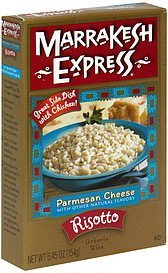
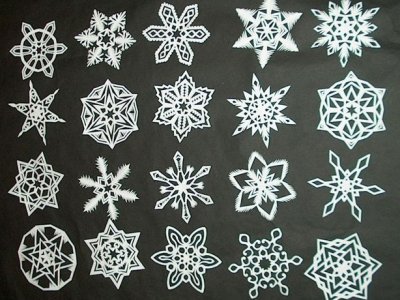
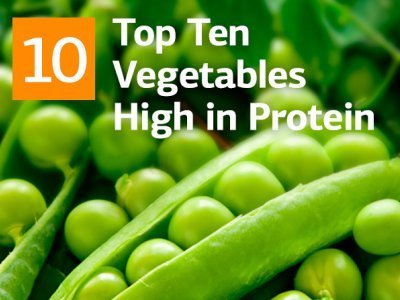

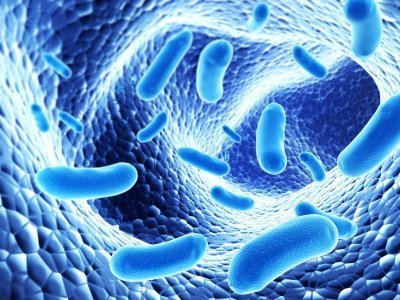


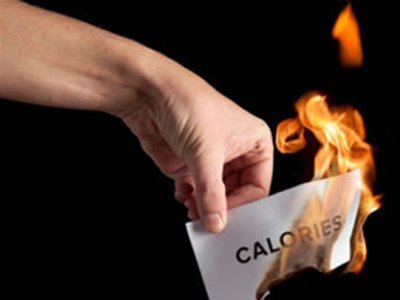
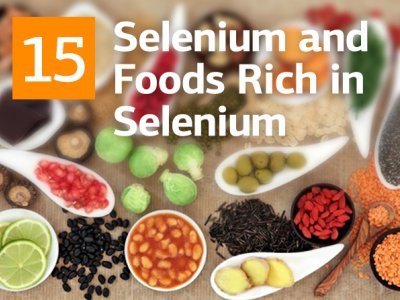
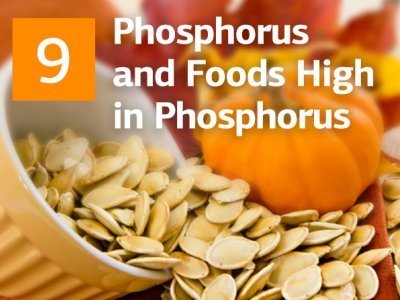
Add your comment